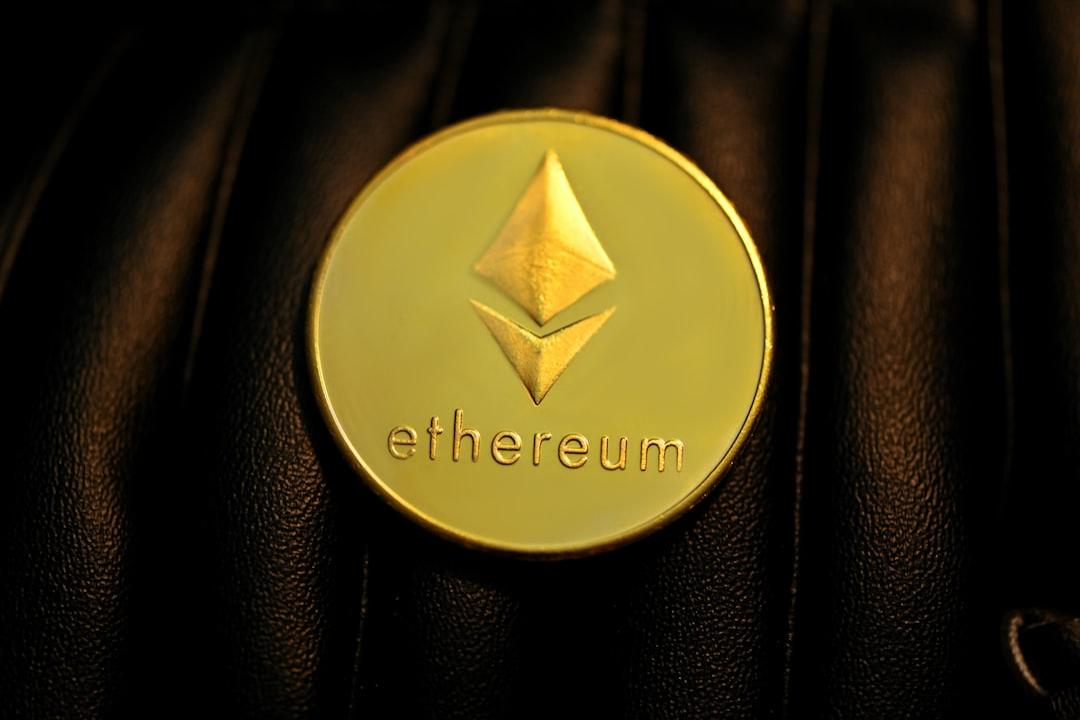Elon Musk, CEO of Tesla, filed a lawsuit against OpenAI on February 29th, accusing OpenAI CEO Sam Altman of deviating from the original purpose of developing AGI (Artificial General Intelligence) and criticizing Altman for prioritizing profit over the commitments of “safely creating AGI” and “non-profit” goals.
AGI, or Artificial General Intelligence, is like a computer in science fiction that can do anything. It refers to AI with human-like intelligence and self-learning capabilities that can perform tasks without the need for language model training.
Some scholars believe that AGI is a computer program with human understanding and cognitive abilities. It can provide solutions in unfamiliar or highly computational situations, mimicking the operation of the human brain. However, this characteristic has raised concerns among experts regarding risks and ethical issues.
According to Bloomberg’s report, Musk has always been one of the most outspoken individuals when it comes to discussing the dangers of artificial intelligence and AGI.
Most current AI models require pre-set parameters, big data, or language models for training and cannot cross domains. For example, an AI model for image recognition cannot assist in website development. AGI is still in the theoretical stage.
Why did Musk sue OpenAI?
According to Bloomberg’s report, Musk filed a 46-page lawsuit in the California Superior Court, accusing Altman of violating OpenAI’s founding principles by prioritizing their interests over the well-being of humanity and deviating from the original “non-profit” purpose. Musk was a co-founder of OpenAI but has since left the company. The lawsuit claims that OpenAI’s relationship with Microsoft is excessively close and undermines the goal of developing AGI by shifting towards a profit-oriented approach. Microsoft has become OpenAI’s largest shareholder, which could potentially affect OpenAI’s future direction.
The lawsuit states, “While OpenAI publicly states on its website that its mission is to ensure AGI benefits all of humanity, its actual business model is as a for-profit corporation in the control of Microsoft, one of the world’s largest technology companies.”
In response, Jason Kwon, OpenAI’s Chief Strategy Officer, disputed Musk’s allegations in an internal memo obtained by Bloomberg, stating that he disagreed with Musk’s claims and refuted the assertion that OpenAI is a “subsidiary” of Microsoft. Kwon also mentioned that Musk’s comments were made out of regret for not being able to remain at OpenAI.
What are the charges Musk brought against OpenAI?
Musk presented five demands in his lawsuit:
Charge One: Alleging that OpenAI breached the contract and failed to fulfill its commitments. Musk believes that he supported OpenAI financially and with his efforts with the goal of benefiting humanity. However, OpenAI not only failed to disclose the technical details of GPT-4 but also licensed it to Microsoft, violating the initial agreement.
Charge Two: Accusing OpenAI of failing in its fiduciary duty. Musk accuses OpenAI of using funds for profit-oriented purposes, contrary to the commitment of developing AGI exclusively for non-profit purposes.
Charge Three: Alleging unfair business practices by OpenAI. Musk accuses OpenAI of misleading fundraising promotions, such as promising to develop AGI as a non-profit organization, which led him to donate and contribute resources. He stated, “If I had known this, I would never have donated to OpenAI.”
Charge Four: Questioning the reliability of OpenAI’s internal accounting standards.
Charge Five: Requesting the court or jury’s assistance in determining the compensation Musk should receive. Musk requests the court to order OpenAI to publicly disclose all of its research and technologies and asks Altman to relinquish any income obtained illegally.
The story between Musk and OpenAI: Unresolved conflicts
Musk co-founded OpenAI in 2015 with other partners but left in 2018 due to differences in vision. In an interview, Musk mentioned that he couldn’t focus on OpenAI due to his busy schedule with Tesla and SpaceX. The main factor behind his departure was his disagreement with OpenAI’s future direction.
During its early establishment, OpenAI claimed to be a non-profit organization committed to freely sharing development code with users. However, in 2019, Altman became CEO and announced the establishment of a for-profit subsidiary called OpenAI LP, with Microsoft investing $1 billion.
Even after leaving OpenAI, Musk continued to provide research funding until 2020. According to the lawsuit, Musk’s cumulative investment exceeded $44 million. He is now seeking compensation from OpenAI, although the specific details of the compensation were not disclosed.
Bloomberg interviewed securities lawyer and guest law professor at Northwestern University, Andrew Stoltmann, who stated that the claim of OpenAI’s close relationship with Microsoft, contradicting its initial commitments, is a “very difficult claim to prove.” Stoltmann also mentioned that Musk often uses lawsuits to convey his messages.
This ongoing drama surrounding AGI, its potential benefits to humanity, and allegations of OpenAI deviating from its original purpose will take time to unfold. It remains to be seen how the parties involved will respond (or not respond) and whether the truth will become clearer.
Sources:
Bloomberg 1, Bloomberg 2
Editor: Lin Mei Xin

